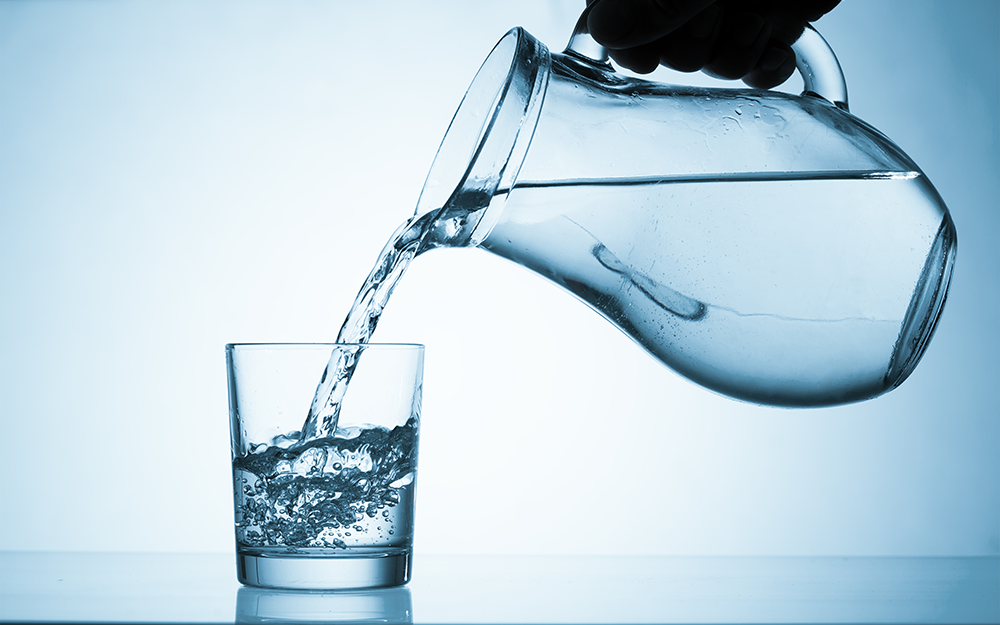Fact or Fiction Friday - Plastic in drinking water !!!

Is this statement fact or fiction? Plastic Waste is found in a majority of the world’s tap water This is true - read on for more facts.
Plastic waste — whether in a river, an ocean, or on land — can persist in the environment for centuries.
The same properties that make plastics so useful — their durability and resistance to degradation — also make them nearly impossible for nature to completely break down. Most plastic items never fully disappear; they just get smaller and smaller. Many of these tiny plastic particles are swallowed by farm animals or fish who mistake them for food, and thus can find their way onto our dinner plates. They’ve also been found in a majority of the world’s tap water. By clogging sewers and providing breeding grounds for mosquitoes and pests, plastic waste — especially plastic bags — can increase the transmission of vector-borne diseases like malaria.
China’s Chang Jiang (Yangtze) River, which flows past Shanghai, delivers nearly 1.5 million tons of plastic waste into the Yellow Sea.
If current trends continue, our oceans could contain more plastic than fish by 2050.
The global volume of plastic waste continues to grow, and some of the biggest producers don’t manage their waste effectively.
Data from “Plastic waste inputs from land into the ocean” by Jenna Jambeck and others, published in Science (2015)
But the world is waking up to the problem, and governments are starting to act.
There are a number of things that governments can do — from running public awareness campaigns, to offering incentives for recycling, to introducing levies or even banning certain products outright. In the last decade, dozens of national and local governments around the world have adopted policies to reduce the use of disposable plastic. And the number continues to grow. Africa stands out as the continent where the most countries have adopted a total ban on the production and use of plastic bags.
An impressive — and growing — number of national and local governments have taken action against plastic pollution
Source: “Banning single-use plastic: lessons and experiences from countries” UN Environment report (2018)
We’ve seen a lot of positive action, but the truth is that we all need to do more.
There are so many things that you can do – from asking the restaurants you frequent to stop using plastic straws, to bringing your own coffee mug to work, to pressuring your local authorities to improve how they manage your city’s waste. Here are some other ideas:
Pressure food suppliers to use non-plastic packaging
Bring your own shopping bags to the supermarket
Refuse plastic cutlery and straws
- Carole Zellers